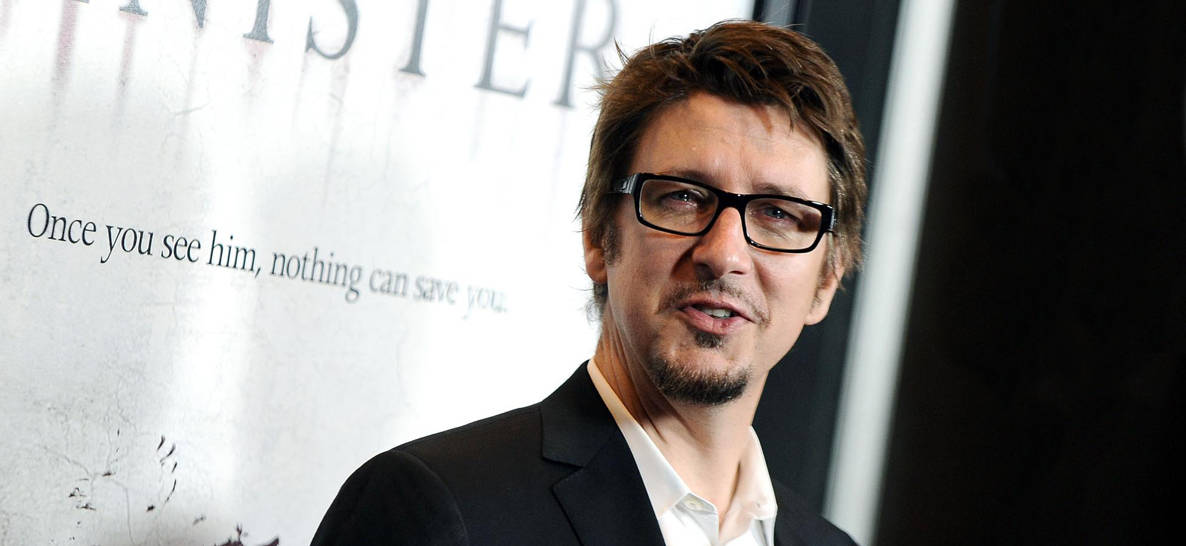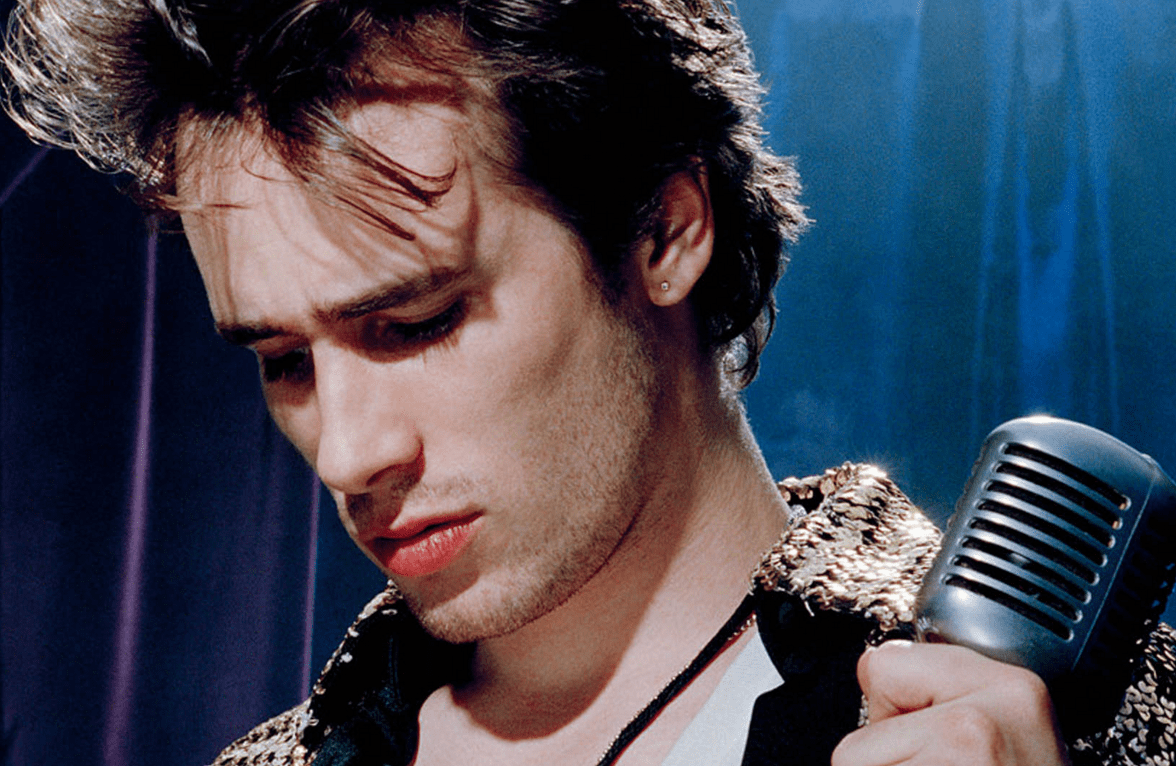
In American pop culture, Friday the 13th will always have an almost singular association: Horror films. One of the genre’s most iconic franchises—named after the superstitious calendar day—has spawned a dozen major Hollywood movies, each using villains and supernatural monsters like Freddy Krueger and the knife-wielding Jason to explore viewers’ fascination with darkness.
Segments of Christians often write off the horror genre and movies like Friday the 13th because of the emphasis on evil, the supernatural and violence, but one filmmaker has helped challenge the way many religious viewers see horror. Scott Derrickson’s movies aren’t simply scary stories that use nightmarish imagery for thrills, but to explore the real difference between darkness and light. And this summer, Derrickson will undertake his most high-profile project to date.
When Marvel announced its new slate of movies that will expand the blockbuster Cinematic Universe inhabited by the likes of The Avengers, the Guardians of the Galaxy crew, Spider-Man and other hundred-million-dollar franchises, one of the more unexpected projects to get the green light was Doctor Strange, a somewhat obscure character who will be played by Benedict Cumberbatch. In a fictional universe inhabited by mostly family friendly heroes like Captain America and Ant Man, the sorcerer who uses ancient magic to fight villainous spiritual entities like “Nightmare” seemed like a curious choice.
But perhaps even bolder than the decision to adapt such a dark character from the comic universe was the studio’s choice for Derrickson to direct. Not only is Derrickson currently one of the most influential directors in the horror genre, he’s also a devout Christian who isn’t afraid to incorporate deeper spiritual messages into his films. His resume includes dark, supernatural films including Sinister, The Exorcism of Emily Rose, Hellraiser: Inferno and 2014’s demonic detective thriller Deliver Us From Evil.
On Twitter, Derrickson is already hinting that the same types of spiritual themes—which unflinchingly explore supernatural darkness head-on—will be present in Doctor Strange.
Quoting Imitation of Christ author Thomas A. Kempis, Derrickson Tweeted an artistic rendering of the Marvel anti-hero with the question, “Who has a harder fight than he who is striving to overcome himself?”
In another tweet, quoting the character of Doctor Strange himself, he wrote, “I know what it is to sink to the depth; to be on bended knee before God, screaming for deliverance.”
For fans of Derrickson’s previous films, the evoking of such blatantly Christian imagery shouldn’t be a surprise. In an interview with RELEVANT early in his career, Derrickson brought up the example of C.S. Lewis, who helped influence his work with his stories with spiritual elements as well as deeper spiritual messages.
“I love the horror genre for how cinematic it is,” he said. “I gravitated, I think, initially, toward the horror genre because, of all the genres, I think it is the genre that is most friendly to the subject matter of faith and belief in religion. The more frightening and sort of dark and oppressive a movie is, the more free you are to explore the supernatural and explore faith. The two just somehow go hand-in-hand really nicely. I became very interested in it for that reason, and The Screwtape Letters was the beacon.”
Doctor Strange may be a decidedly contemporary story, but by utilizing elements of horror and the supernatural, Derrickson is following in the footsteps of other Christian writers who have used dark imagery as a way to tell stories that are grounded in faith. He’s cited Southern gothic novelist and Christian essayist Flannery O’Connor as a major influence. Derrickson explained to Christianity Today, “She said to the deaf you have to shout and to the blind you have to draw large and startling pictures. That phrase itself is as good of an apologetic for horror as you’re ever going to speak.”
In the same interview, Derrickson said his fascination with evil—and telling stories that grapple with it so intimately—isn’t about the thrill of dark themes, but the potential it has to point to the light. “To be honest with you, I genuinely don’t understand why everyone isn’t obsessed with discovering and unmooring a deeper understanding of it. If we’re not compelled to gain a deeper understanding of good and evil, how can we make the world a better place? How can we find ourselves at the end of our lives and know that our lives were significant? Those things would be impossibilities.”
While speaking at a chapel service at Biola in 2011—the Christian college he attended as an undergraduate—Derrickson explained, “Christ, in His moment on the cross where He endured the ultimate horror, gives us God’s mindset. He is not detached from suffering.”
Horror movies have traditionally had a complicated relationship with Christian culture. They constantly employ religious imagery and themes, but are often shunned by faith-based audiences. Even Doctor Strange has a contentious history with evangelicalism: Back in 1990, an issue of the comic had to be recalled because it used a picture of CCM star Amy Grant without her permission, and she didn’t want an association with the occult themes of the story.
But Derrickson isn’t simply bridging the gap between Christian art and supernatural films. He’s using the genre as a means to explore deeper truths and ask bigger questions.
What has helped make Derrickson so influential is that he seems to understand—and illuminate—that what makes darkness so compelling isn’t just the scares or thrills it offers; but that at the end of the day, it actually has the potential to point audiences toward the light.























